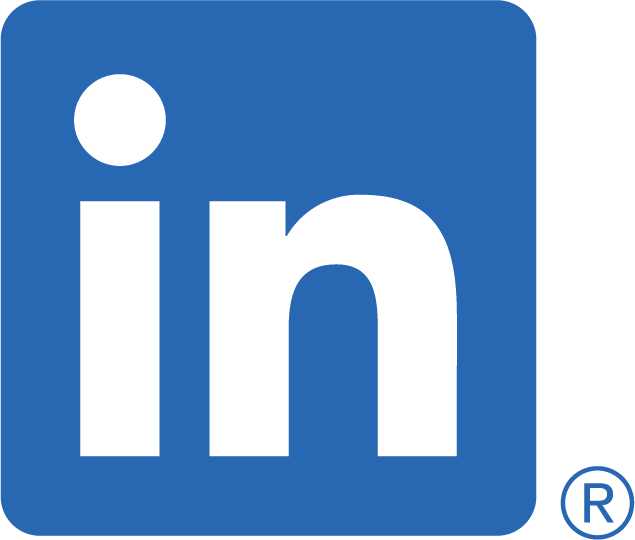Reflections: Looking Back at the Year That Was
Blog

istock.com/den-belitsky
25 December 2021
By Varun Sarin
When we drew the curtains on 2020, most of the world believed that worst of the pandemic was over. Yet, stepping into 2021, business leaders and the global workforce kept their optimism in check and treaded cautiously towards the new normal. And as we know, they were not wrong in doing so.
The Delta variant hit countries across the world harder than the 2020 version of the virus. It was a difficult first few months for families, businesses, healthcare workers, and governments. After close to two years of lockdowns, travel restrictions, working from home, and battling post-pandemic stress, it is safe to say that the pandemic has forever transformed our professional and personal lives. Having said that, what we also know is that the world today is far better prepared to tackle the pandemic. Close to 50% of the world’s population is now fully vaccinated against the virus, and even with the grave news of the new Omicron variant, we have strong reason to believe that the future is promising.
With 2021 inching closer to the end, we are grateful to have emerged stronger, ready for the road ahead, but we also know that this road to recovery is a long one.
Here are a few lessons that we would want to carry forward:
-
With the right approach, we can make the most of any situation
This rollercoaster year has undeniably been challenging, but it has also made us far more open and willing to change quickly. The worldwide lockdowns fueled rapid digital adoptions across continents. It accelerated the shift to e-commerce and boosted the digital payments ecosystem. That is one of the core reasons why the first half of 2021 saw the global VC investment in fintech reach a record-breaking 52.3 billion dollars. Given the rise in digital transactions, this number is only expected to grow. 2021 has also been a golden year for the Indian startup ecosystem. In the midst of uncertainty and isolation, startups learned to adapt and create positive change. Over 40% of Indian unicorns were created in the first two financial quarters of the year. This trend was not just restricted to India. In fact, by June 2021, there were 69% more unicorns in the world than in the whole of 2020. Startups thrived in the face of disruption and managed to stay relevant by being agile. This leaves us with an important lesson about being nimble and resilient, about having the willingness as businesses and leaders to not just be a fast learner but also, excuse the coinage, a fast ‘unlearner’.
-
We may be in the same boat, but our experiences are different
Back in 2020, the world realized that this was not just a health crisis. It was a human, economic, and social crisis too. The second wave affected one and all, but not necessarily in the same way. It was an uneven pandemic. Just like different governments responded differently, so did individuals. As business leaders, colleagues, and fellow humans, we must remember that as we move forward.
An individual’s psychological, emotional, financial, and physical health plays a huge role in how they deal with a crisis. This year has shown us that it is important to acknowledge and respect these differences. Especially in a workplace, psychological safety is paramount. Our collective ordeal has taught us to be more compassionate, vulnerable, and empathetic. All of us need to ensure that these innate human qualities persist at work, and beyond.
-
In the chaos, we craved a deeper sense of purpose
In the wake of job uncertainty and loss, a surprising new trend emerged across the globe. A record number of people started leaving their jobs, fueling what is now known as ‘The Great Resignation’. The factors driving this trend are diverse, but it has also forced organizations, big and small, to pay attention to the changing needs of their workforce. Having worked remotely for almost 2 years, employees had the time to re-evaluate their priorities. Many realized that they want a better working environment, a healthier work-life balance, and a deeper connection with their jobs. A recent IBM survey found that after the pandemic, 71% of employees and employment seekers would want to work for environmentally sustainable companies. Employees today are no longer satisfied with taking home salaries, they also need to find a sense of purpose in what they do. This shift in focus is not only reflected in employee priorities but also in consumers and investors.
For business leaders, this is an opportunity as well as a wake-up call to understand and adapt to the shifting needs of all stakeholders.
The only way to go is forward
As we turn the page to 2022, we cannot let the burdens of a challenging year hold us back. The looming threat of a new variant, the apprehension of bringing alive the future of work, and the uncertainty regarding what’s next - we may not be able to deny the reality of these challenges, but what we do know is that we are capable of overcoming them and moving forward.








